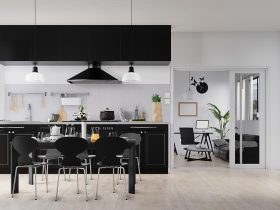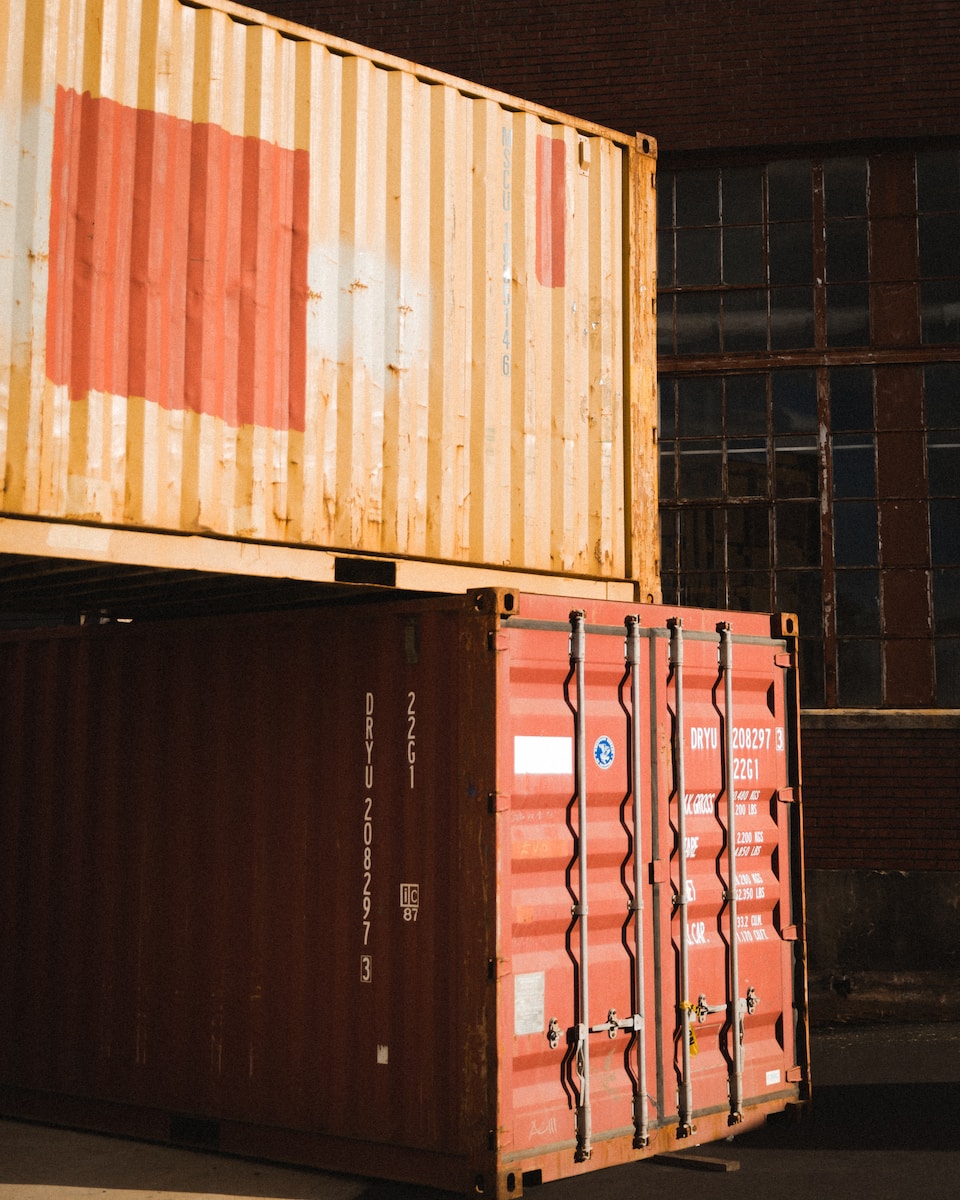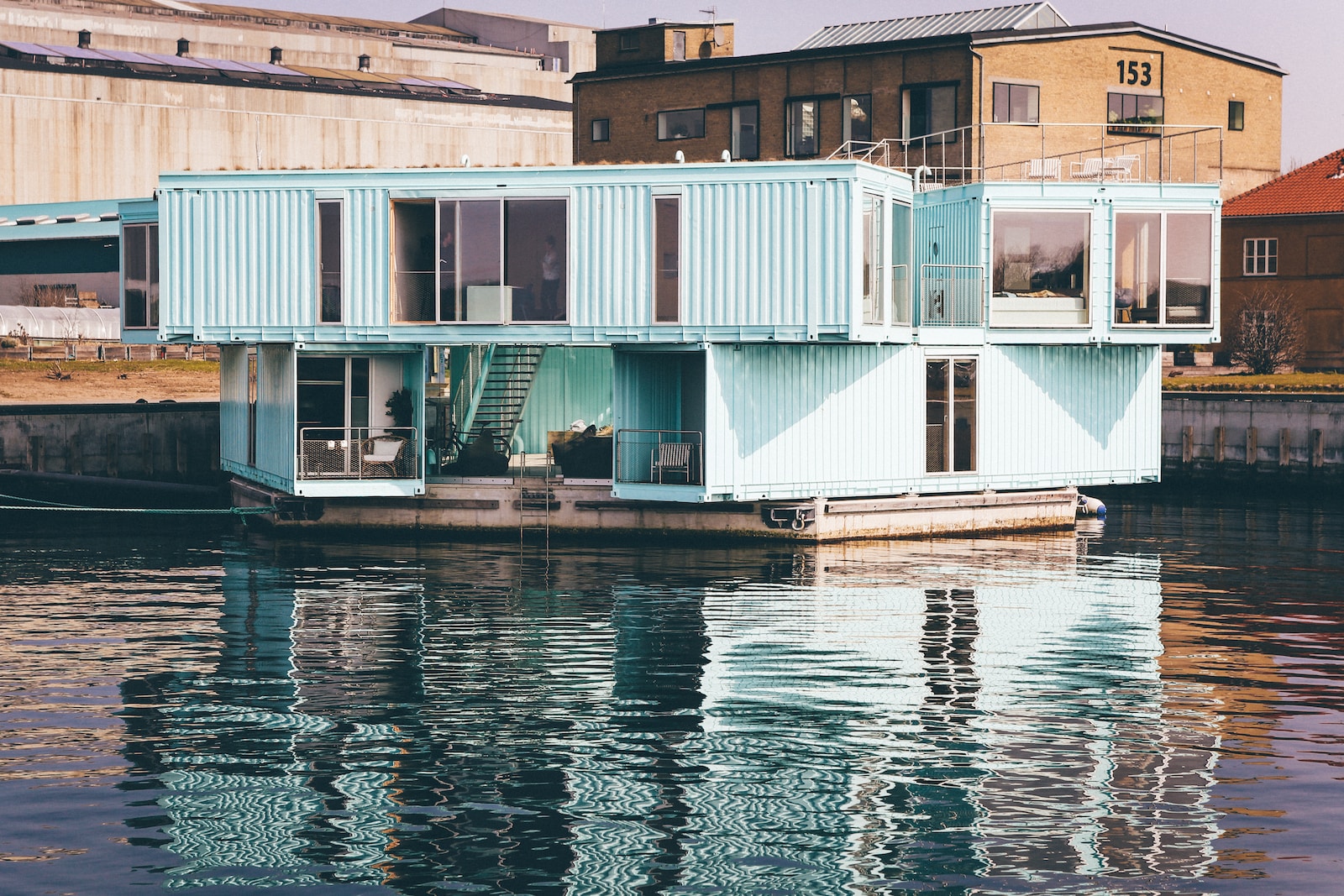Hello, container home enthusiasts! I’m Emily Owens, your trusty guide to all things container home-related. For the past four years, I’ve been on a delightful journey exploring the fascinating world of container homes. Today, I’m here to discuss a topic that’s near and dear to the hearts of many container home owners: resale value. Yes, that’s right, we’re diving deep into the factors that can make or break the resale value of your container home.
Container homes have taken the world by storm in recent years, offering an eco-friendly and affordable housing solution that’s both innovative and stylish. But like any real estate investment, it’s important to consider the potential resale value when you decide to embark on this unique housing adventure. So, grab your favorite cup of coffee, settle in, and let’s explore the key factors that can affect the resale value of your container home.
Location, Location, Location
First things first, let’s talk about the elephant in the room: location. Just like traditional homes, the location of your container home plays a significant role in determining its resale value. If you’ve strategically placed your container home in a desirable neighborhood with excellent amenities, schools, and a strong job market, you’re off to a great start.
For example, imagine you’ve set up your container home in a trendy urban area with easy access to public transportation and a thriving social scene. Chances are, your container home will be in high demand, and you’ll have a better chance of fetching a higher resale price when the time comes to sell.
On the flip side, if your container home is in a remote, less-developed area, it might not command the same resale value as a similar home in a prime location. Location is like the secret sauce of real estate – it can make your container home sizzle or fizzle on the market.
Design and Aesthetics

Container homes are known for their unique and innovative designs, and the way you’ve customized your space can greatly impact its resale value. Container home buyers are often drawn to homes that stand out from the crowd, so a well-thought-out and visually appealing design can be a major selling point.
Consider incorporating elements like large windows for natural light, an open floor plan for a spacious feel, and creative storage solutions to maximize space. Don’t forget the exterior – a well-maintained and eye-catching façade can create a lasting impression.
For instance, I once saw a container home with a stunning rooftop garden that not only added charm but also increased the property’s resale value significantly. So, get creative with your design choices, and your container home will thank you when it’s time to sell.
Maintenance and Upkeep
Just like any other property, the condition of your container home is crucial when it comes to resale value. Regular maintenance and upkeep can ensure that your home stays in top-notch condition, preserving its value over time.
Think about it this way: would you buy a car that’s been neglected and is falling apart, or would you prefer one that’s been well-maintained, with all the necessary repairs and upgrades? The same principle applies to container homes.
Keep a close eye on things like roof leaks, insulation, and the condition of the containers themselves. Address any issues promptly, and consider making upgrades that can add value to your home, such as energy-efficient appliances or smart home features.
Remember, a little TLC can go a long way in maintaining and even increasing the resale value of your container home.
Documentation and Permits
Ah, the paperwork – it’s a necessary evil in the world of real estate. Ensuring that all necessary permits and documentation are in order can save you headaches down the road and can positively impact your container home’s resale value.
Proper permits demonstrate that your container home was built to code and meets all the necessary safety and zoning regulations. It also provides peace of mind to potential buyers, knowing that they won’t run into legal issues with their new home.
Remember that container homes may face unique regulations and zoning laws in different areas, so it’s crucial to do your homework and make sure you’ve dotted all the “i’s” and crossed all the “t’s” when it comes to paperwork.
Marketing and Presentation

How you present your container home to potential buyers can make a significant difference in its resale value. High-quality photographs, detailed descriptions, and effective marketing strategies can all contribute to a successful sale.
Consider hiring a professional photographer who specializes in real estate photography to capture your container home in its best light. Showcase its unique features and the lifestyle it offers. Create a compelling listing that highlights the benefits of container living, such as sustainability, energy efficiency, and durability.
Incorporate staging techniques to make your container home feel inviting and lived-in. Potential buyers should be able to envision themselves living there, so make sure your home is clean, clutter-free, and well-organized during showings.
Timing and Market Conditions
Timing can be a critical factor when selling any property, including container homes. Market conditions can fluctuate, affecting the demand for homes in your area. To maximize your resale value, consider selling during a seller’s market when demand is high and supply is limited.
Additionally, personal timing plays a role. If you’re in a rush to sell, you may not have the luxury of waiting for the ideal market conditions. In such cases, pricing your container home competitively and being open to negotiation can help you secure a sale even in a less favorable market.
Conclusion
Container homes are a unique and exciting housing option, and their resale value can be influenced by a variety of factors. Location, design, maintenance, market trends, documentation, marketing, and timing all play a role in determining the final sale price.
As you embark on your container home journey, keep these key factors in mind to ensure that your investment pays off in the long run. With the right approach and a bit of strategic thinking, your container home can not only provide you with a cozy and sustainable living space but also prove to be a wise financial investment.
So, whether you’re a container home owner looking to sell or just dreaming of a container home of your own, remember that the resale value is just one piece of the puzzle. Container living is about embracing a unique lifestyle and making a positive impact on the environment, and that, my friends, is truly priceless. Happy container home adventures!





















Find Us on Socials